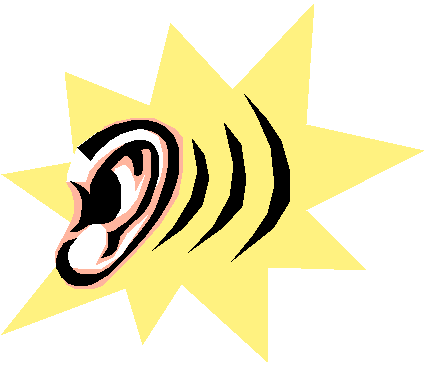HICK: A LOVE STORY
Based on Eleanor Roosevelt's
2,336 letters to Journalist Lorena Hickok
Written & Performed
by Terry Baum
"BEST OF FRINGE!"
2019 San Francisco Fringe Festival
"BEST BOX OFFICE!" 2019 San Francisco Fringe Festival
"Fringe Fave!"
2015 New York International Fringe Festival
"Fringe Encore
Series Selection"
2015 New York International Fringe Festival




"But wouldn't it be worse for the world not to know the truth, especially when the truth was so beautiful, so pleasureful, so sweet and charming, so complicated? HICK: A Love Story offers a vision of storytelling not as spotlight-hogging or holding audiences captive but as a generous, compassionate act. A performer shares her truth not just for herself but for you, for the world."
- San Francisco Chronicle
"HICK is a real love story like no other – a compelling, thoroughly researched one-woman show. Terry Baum shares her insights and feelings clearly, honestly, and with passion. A fascinating story that, at last, has come to light.” - San Francisco Examiner
Terry Baum's critically acclaimed play HICK: A LOVE STORY explores Lorena Hickok’s life, and her love relationship with Eleanor Roosevelt (ER). Hick was the most famous woman journalist of her day and the first woman to have a byline on the front page of the NY Times. She met ER during FDR’s first Presidential campaign in 1932. She convinced her editor that this particular candidate’s wife was worth her own reporter, and was assigned to the job herself. The love affair between the patrician First Lady and the charming, hard-living butch reporter lasted several years. Their friendship lasted Mrs. Roosevelt’s lifetime. Hick helped Mrs. Roosevelt become an outspoken, media-savvy activist for democracy and human rights -- one of the greatest women of the 20th century.
To reconstruct the truth of the relationship between the patrician First Lady and the charming butch reporter, the playwright traveled to Hyde Park, NY to study original documents, including ER’s letters, in the “Lorena Hickok” files at the FDR Library. She also interviewed people who actually knew Hick.
Of the letters the First Lady wrote to Hick, 2336 survive, beginning in 1933 and only ending with ER's death in 1962. These letters were discovered in 1978, when a researcher opened 18 boxes willed to the FDR Library by Lorena Hickok. The letters document a passionate lesbian relationship between Hick and ER in the early years of their friendship – and a deep connection that last ER’s lifetime
When HICK: A Love Story opened to rave reviews in San Francisco in July 2014, few people had ever heard of Eleanor Roosevelt’s “First Friend,” as Lorena Hickok was labeled by the press. That changed in October with Ken Burns’ television documentary, “The Roosevelts.” Burns acknowledged their friendship but ignored the evidence in their letters of a lesbian relationship. Terry Baum says, “Why would Eleanor write ‘I ache to hold you close’ if they weren’t lovers? I love my women friends, but I’ve never ached to hold them close!” Baum, a pioneer lesbian playwright, has toured internationally as a solo performer. She read everything published by and about Hick, interviewed people who knew her, and pored over original documents in files at the FDR Library in Hyde Park, NY in order to reconstruct the truth of the relationship.
“Hick,” who holds the distinction of having the New York Times’ first byline by a woman on the front page, met Roosevelt during Franklin Delano Roosevelt’s Presidential campaign in 1932. While there is disagreement among historians about the nature of their relationship, Baum says there is evidence the two shared a love affair for several years and would remain friends and partners in activism.
From 1933 to 1962, the First Lady wrote at least 2,336 letters to Hick (and that’s only the ones that survived), which Baum read through at the FDR Library in Hyde Park, NY. The letters, Baum says, “document a passionate lesbian relationship between them in the early years of their friendship.” In later years, “Hick helped Mrs. Roosevelt become an outspoken, media-savvy activist for democracy and human rights — one of the greatest women of the 20th century.”




